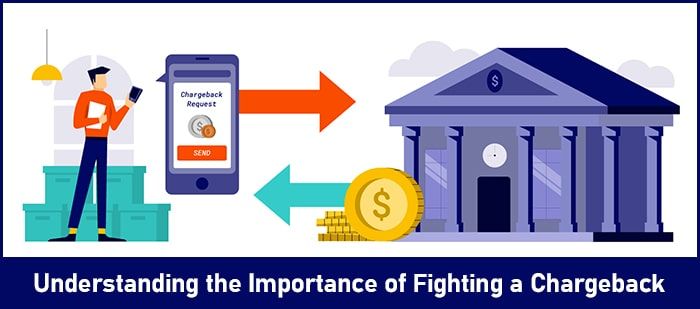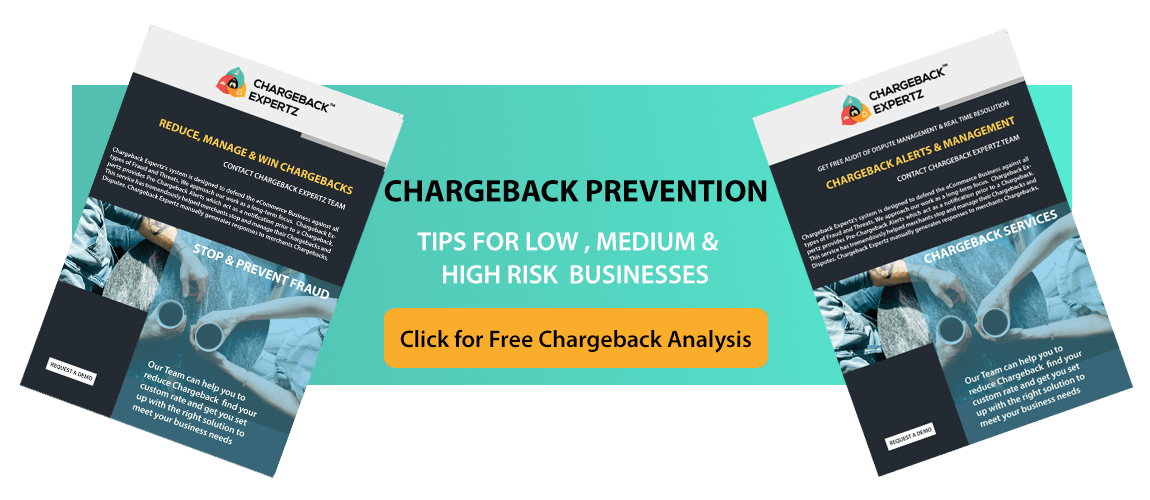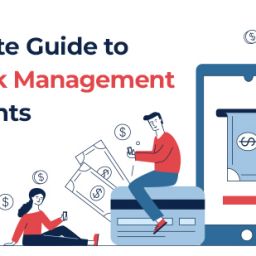
Chargebacks can be frustrating and time-consuming for any business owner. It can feel like a personal attack when a customer disputes a charge, especially if you believe the transaction was legitimate. However, instead of simply accepting the loss and moving on, it is important to understand the significance of fighting a chargeback.
Not only does it protect your business’s revenue, but it also sends a message that you are a reputable and trustworthy company. In this blog post, we will delve into the reasons why fighting a chargeback is crucial for your business and how it can benefit you in the long run. So, let’s explore the importance of standing up against chargebacks and why it is worth the effort and resources to do so.
Understanding What a Chargeback Is
A chargeback occurs when a customer contacts their credit card issuer to dispute a charge on their statement. This can happen for a variety of reasons, including but not limited to unauthorized transactions, dissatisfaction with the product or service received, or not receiving the goods or services they paid for. When the issuer deems the dispute valid, the transaction amount is reversed, and the funds are withdrawn from the merchant’s account and returned to the cardholder.
This process is intended to protect consumers from fraudulent activity and ensure they receive what they pay for. However, chargebacks can also be misused by consumers, leading to financial losses and additional challenges for businesses. It is a complex issue that affects both parties involved and requires a nuanced understanding to navigate effectively. Recognizing the intricacies of how chargebacks work is the first step in developing effective strategies to manage and dispute them when necessary.
Some Related Blogs
- Visa Chargeback Fee: An Essential Breakdown for Consumers
- Customer Returns: A Blessing in Disguise
- Unlocking the Features of Visa Account Updater
- Card Security Code: Your Last Defense Against Fraud
Financial Implications of Accepting Chargebacks
Accepting chargebacks without a fight can have significant financial repercussions for a business. Firstly, there is the immediate financial loss of the reversed transaction. This loss is not just the cost of the product or service sold but also encompasses shipping costs, transaction fees, and any additional expenses related to the sale. Furthermore, businesses often face additional fees from their payment processors or banks when a chargeback occurs, which can add up quickly and impact the bottom line.
Additionally, a high rate of chargebacks can lead to increased payment processing fees, as merchant service providers may classify your business as high-risk. This categorization can not only make it more expensive to process transactions but also limit the payment options available to your customers, potentially reducing sales.
Moreover, excessive chargebacks may trigger financial institutions to place holds on merchant accounts, delaying access to funds and disrupting cash flow. Such financial strain can divert resources away from growth initiatives and put a significant strain on the operational health of a business. Understanding these financial implications highlights the importance of actively fighting chargebacks to protect your business’s financial stability.
The Impact on Your Business’s Reputation
The adverse effects of chargebacks extend beyond the immediate financial losses, significantly impacting your business’s reputation. In the digital age, word of mouth travels fast, and a history of chargebacks can suggest to potential customers that your products or services are unsatisfactory or that your transaction processes are not secure.
![]()
Email us anytime!
Email customer service 24/7
![]()
Call us anytime!
Reach customer care 24/7 at +1 (888) 901-8653
This perception can deter new customers and erode the trust of existing ones, leading to a decline in customer loyalty and repeat business. Moreover, online review platforms and social media channels amplify the voice of dissatisfied customers, allowing them to share their experiences with a wide audience quickly.
A business perceived as having frequent chargebacks may be viewed as less reputable, potentially affecting partnerships and relationships with financial institutions and payment processors. By actively fighting unjust chargebacks and demonstrating a commitment to customer satisfaction and transaction integrity, businesses can mitigate these reputational risks. Proactively addressing and resolving disputes not only supports a positive customer experience but also reinforces your business’s credibility in the marketplace.
Protecting Your Business and Customers
Fighting a chargeback is not only about recovering lost funds; it’s also about safeguarding the interests of your business and your genuine customers. By challenging illegitimate chargebacks, you signal to your clientele that you are proactive in maintaining a fair and secure transaction environment. This effort discourages fraudulent claims and helps ensure that chargeback protections remain available for true instances of fraud and dissatisfaction. Additionally, a robust process for disputing chargebacks often involves analyzing and improving internal procedures, such as enhancing customer service, clarifying product descriptions, and fine-tuning the checkout process.
These improvements benefit all stakeholders by minimizing misunderstandings and disputes, leading to a better overall customer experience. Implementing stringent verification measures and clear communication channels further protects your customers from potential fraud, showcasing your commitment to their security. In essence, by fighting unwarranted chargebacks, you are not only defending your business’s revenue and reputation but also fortifying trust and safety for your customers, creating a more loyal and satisfied customer base.
The Process of Fighting a Chargeback
The process of fighting a chargeback typically involves several key steps that require prompt and careful attention. Initially, you’ll be notified by your payment processor or bank that a chargeback has been filed. It’s crucial to respond to this notification as quickly as possible, as there are strict time limits in place for submitting evidence to dispute the chargeback.
Gather all relevant documentation related to the transaction, including receipts, order confirmations, proof of delivery, communication with the customer, and any other evidence that supports the legitimacy of the charge.
This documentation is then submitted to your payment processor or bank, which will review the evidence and determine whether it supports overturning the chargeback. During this process, it’s important to remain organized and meticulous in presenting your case. Each piece of evidence should directly address the reason given for the chargeback, demonstrating why the transaction should be upheld.
If the dispute is resolved in your favor, the funds will be returned to your account. However, if the decision does not go your way, you typically have the right to appeal, requiring additional evidence or clarification. Engaging in this process demonstrates your commitment to fairness and may deter future fraudulent or unwarranted chargebacks.





